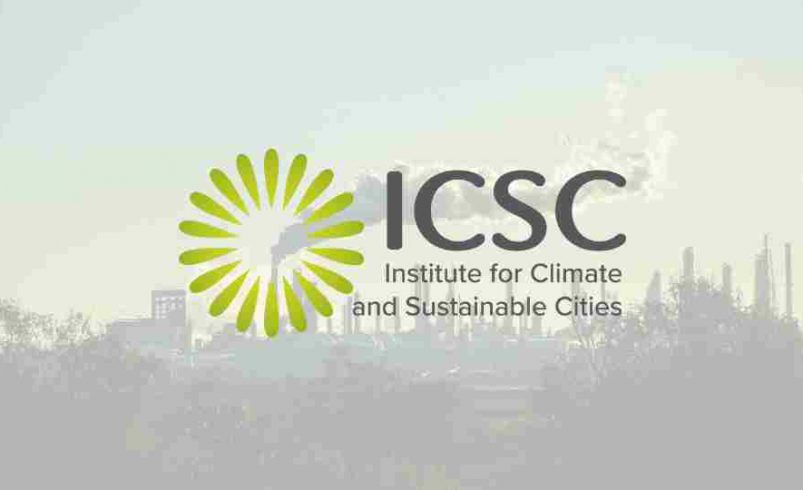ICSC urge bigger climate finance after ICJ ruling
- July 29, 2025
- 0

Philippine-based think tank Institute for Climate and Sustainable Cities (ICSC) has called for climate finance to match the scale of the global crisis, following a landmark advisory opinion from the International Court of Justice (ICJ) affirming states’ legal obligations to address climate change and protect vulnerable nations.
The ICJ’s July 24 opinion, backed by over 130 countries and spearheaded by Vanuatu, underscored that states—especially major emitters and those with greater capacity—are legally bound under international law to mitigate climate change, prevent environmental harm, and safeguard ecosystems.
“Developed countries are responsible for the impacts we are experiencing, and they should be held accountable for it,” said ICSC Executive Director Angelo Kairos dela Cruz in a statement. “The World Court’s opinion further amplifies the need for urgent action from those historically responsible for climate change.”
Dela Cruz pointed to persistent gaps in emission reduction efforts and overdue climate finance, highlighting that climate-vulnerable nations like the Philippines have already lost one-fifth of their wealth in the last two decades, citing data from the Vulnerable Twenty (V20) Group of Finance Ministers.
“The New Collective Quantified Goal (NCQG) announced in COP29 has fallen short on what is needed to implement countries’ Nationally Determined Contributions (NDCs),” he added.
“Now more than ever, climate finance should meet the scale of challenges faced especially by the most vulnerable, and should extend to challenges that are beyond adaptation,” dela Cruz said, noting that high capital costs in developing countries limit their ability to act.
He stressed that the ICJ opinion strengthens the case for climate-vulnerable nations to demand adequate and effective support. “But in addition, recipient countries are also responsible in ensuring that the resources, once mobilized, will be accounted for in the highest standards possible,” he said.
Dela Cruz expressed hope to “hear more urgency and ambition from the national government to ensure that Filipino communities are ready and equipped to act on climate change.” His remarks came days before President Ferdinand Marcos Jr.’s 2025 State of the Nation Address, which drew criticism from clean energy advocates for lacking concrete reforms in the country’s energy and climate agenda.
Is the Philippines doing enough to leverage international climate law and secure fair finance for a just energy transition? Let us know what you think.
Follow Power Philippines on Facebook and LinkedIn or join our Viber community for more updates.